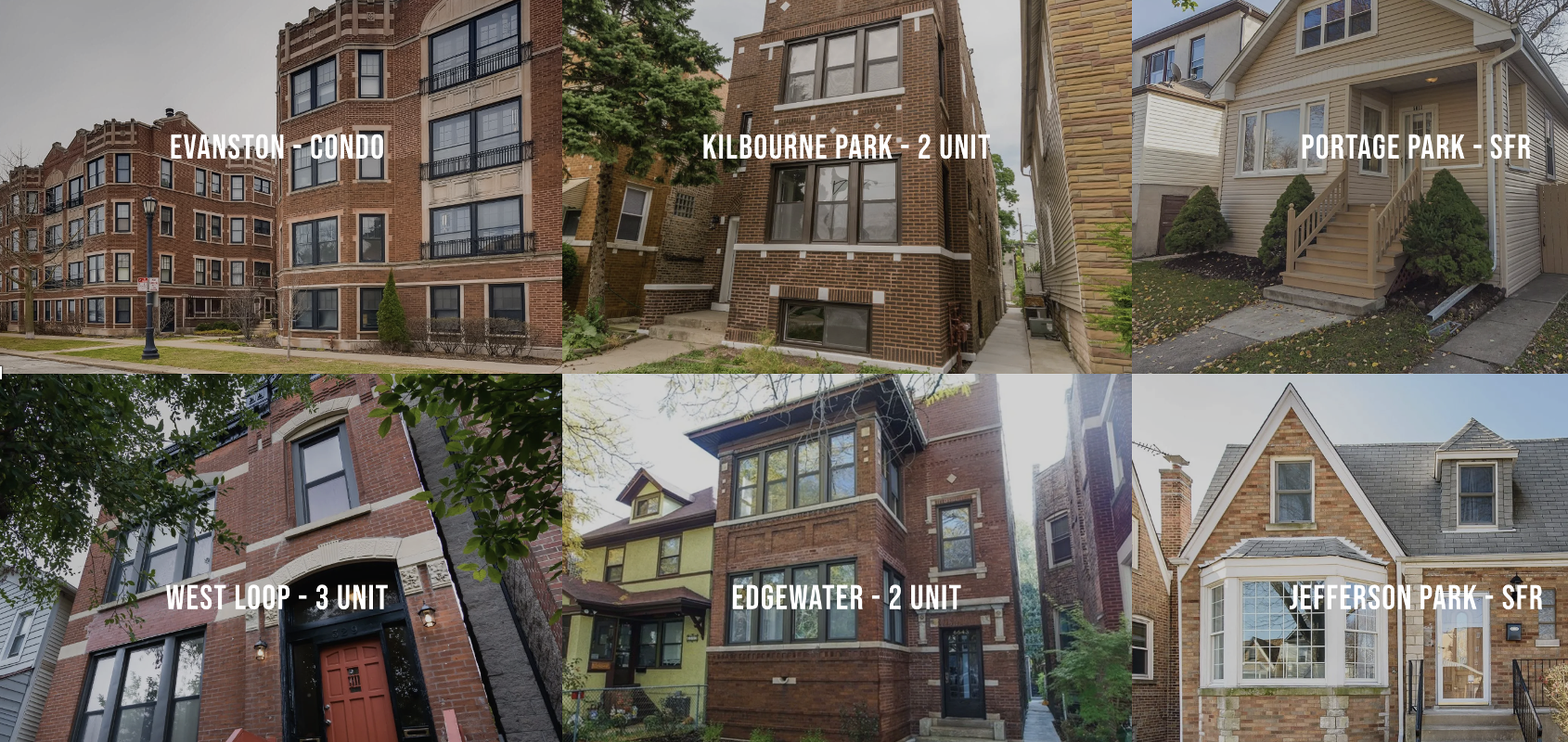Inheriting a home is a pretty sweet experience, yet bitter at the same time… You are left with a potentially great property which you can use to improve your life in several ways, but you are still mourning the loss of a loved one. If you’re reading this article, you are probably the one handling the estate of your loved one. So you may tend to ask yourself at this point “what are the tax consequences when selling a house I inherited in Chicago?” The tax laws have been designed in a way they will not add any more burden unto you or your family upon inheriting the property. This implies that the financial consequences are less daunting than what you would expect, which is good news for you. 🙂

3 Steps to Figure Out Your Potential Tax Consequences in Chicago, IL
Number 1: Calculation of basis
In order to determine how you’ll be taxed once you have inherited a home, you need to know how the basis of the value of the property is calculated. Basis, in this case, refers to how much the asset originally cost at the time of purchase for purpose of the calculation of capital gains for when the property is sold, along other taxes. When a person dies, the value or basis of their property in Chicago is increased to the market value as of the time of their death. For instance, if a person purchased a home 20 years ago for $25,000 but it was worth $100,000 at the time of their death, that property would be valued at the latter amount ($100,000) for the purpose of calculating capital gains. $100,000 would now be the new basis for the person that inherited the property.
Number 2: Taxation of gains/losses
Capital gains or losses refer to what you earn from selling property that you use for either personal or investment purposes. Such can be houses, furniture and many more things. Taxes will be different depending on whether the property was used for personal or an investment purpose. So if you decide to sell an inherited home in Chicago, that “gain on sale” is regarded as capital gain or potential loss for the purpose of income taxes. In most cases, for you to qualify for lower rates of long-term capital gains, you are required to have held that property for at least a year. However long the duration you have been in ownership of an inherited home, any gain or loss will still be treated as long-term. And it will be based on the new “stepped up basis” referred to earlier in the article.
Number 3: Reporting the sale to the IRS
Once you sell an inherited home, you then have to report it for the personal income tax purposes. You should first determine your new cost basis, then determine your capital gain or loss. This is done by subtracting the new “stepped-up basis” from the sale amount. You should then report that amount to your CPA, bookkeeper or however you file your taxes.
Having an inherited home can be stressful given the fact that you have new property to take care of and pay taxes for it at the same time… Living in a different state than where the property is at can make it even more difficult, since you’re not able to go to the property in person. You may even have to hire someone to help you manage the property in that city. You do need to go through the probate process in Chicago as the first step to selling your home. Once you or your attorney has filed the correct paperwork with the local authorities, the court will then authorize you to proceed as you wish, once you’re established as the Administrator or Executor of the estate. If there are any other individuals involved in the inheritance, you should first discuss and agree with each other on those decisions. You can then file a petition requesting the court to allow you to sell the property.
You should then talk to your CPA or tax professional about how much tax you may have to pay. These taxes will be paid against the capital gains or losses resulting from the sale of the inheried house. Often times you may be $0 in capital gains taxes, because the value that you sell the house at is your new “stepped-up” basis. You can call Big Rehabs now at to undertake a smooth, private and quick sale of your home. We are local here in Chicago IL and we know the market here better than anyone else. If you are still asking yourself what are the tax consequences when selling a house I inherited in Chicago, then we would be happy to discuss it with you in more detail.
Selling an inherited house can relieve you of quite a burden. In addition to that, selling the property to an investor is a basic, simple and fast process. Contact us for inquiries on how to go about things when selling your home in Chicago and we will be glad to help you.

